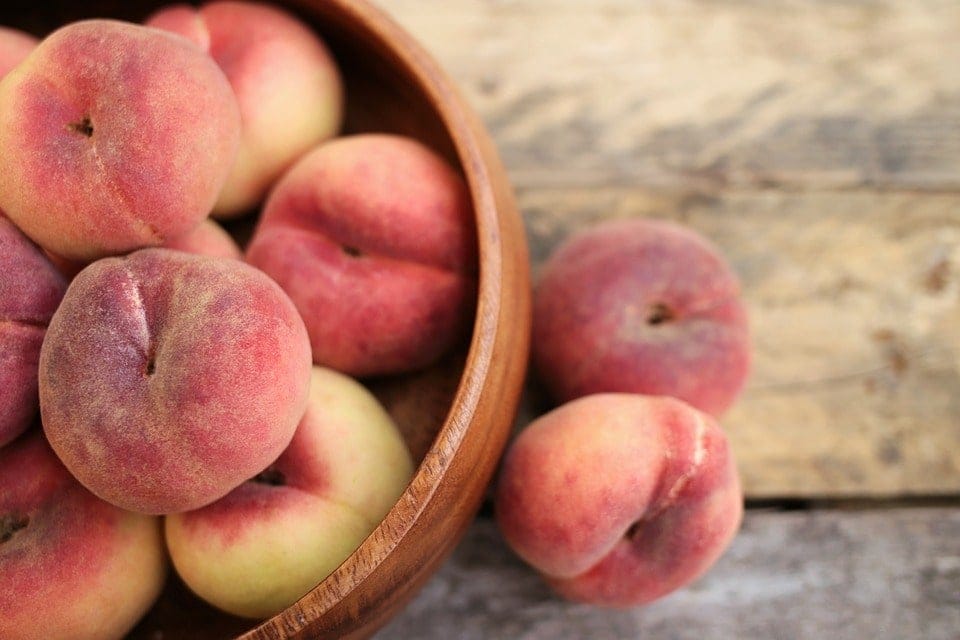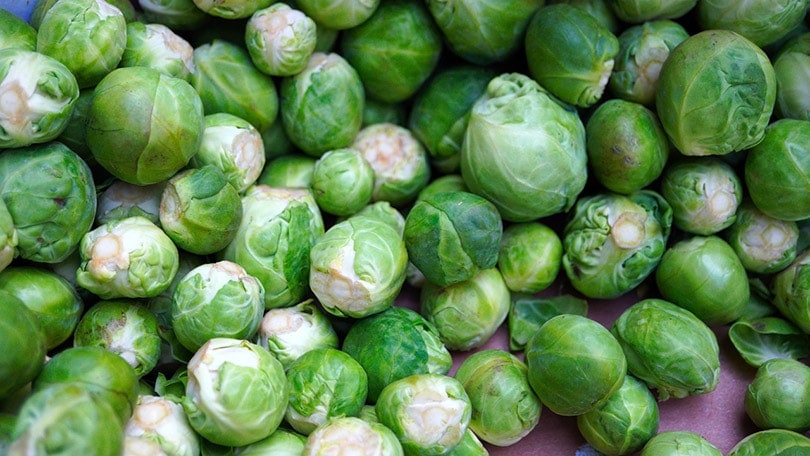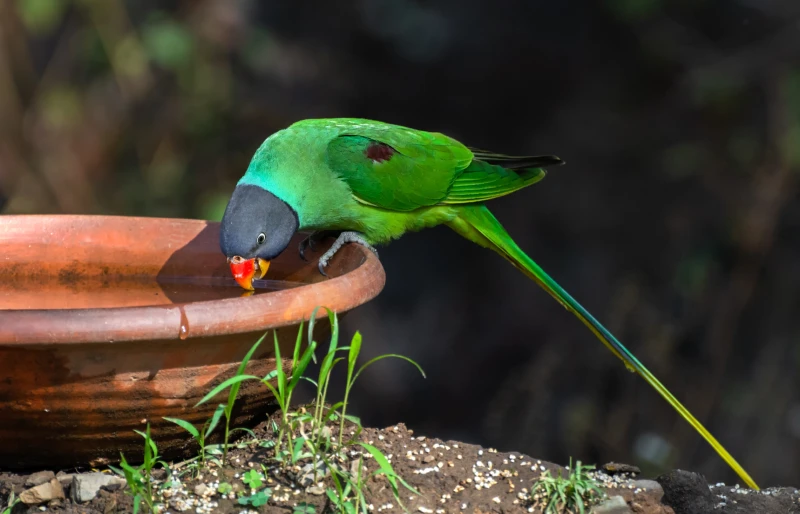Can Parakeets Be Gay? Vet-Approved Facts & FAQ
By Ed Malaker
Updated on
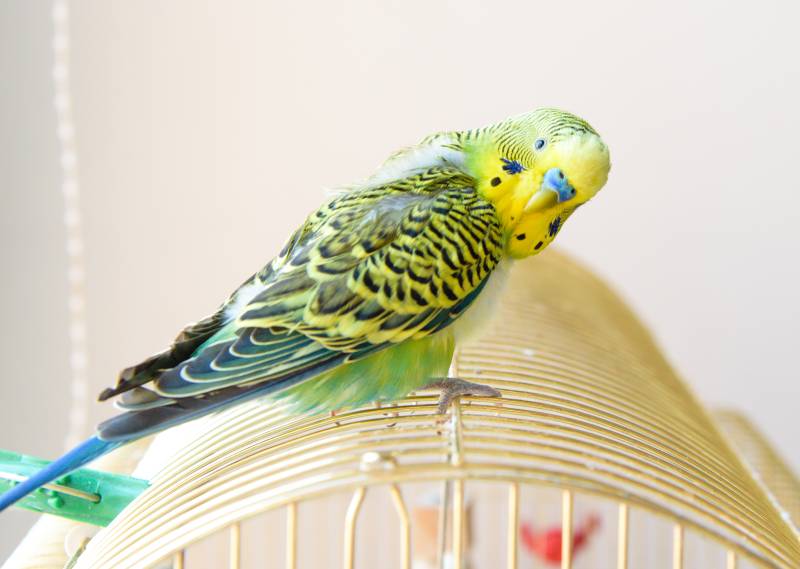
Click to Skip Ahead
Parakeets are popular pet birds known for their vibrant colors and friendly personalities. While many people adore these little avian companions, it’s important to remember that each of these birds has their own personality and preferences.
One thing that many people wonder is if parakeets can be gay. While there is no definitive answer, it certainly seems like they can display same-sex sexual behaviors. Keep reading as we explore the concept of same-sex behavior in parakeets, look at wild behavior versus captive behavior, and discuss other interesting facts that will help you be better informed.
In the U.S. the word parakeet usually refers to the budgerigar (Melopsittacus undulatus), which is one species of parakeet. Budgerigars are the most popular type of parakeet to be kept as a pet and this article will focus on this species.
Parakeets Are Social Creatures
Parakeets are highly social birds that thrive on companionship. They form strong bonds with their flock mates and their owners, which is essential for their emotional well-being. These bonds often extend beyond friendship and can result in various behaviors, including same-sex interactions that observers might consider homosexual. These behaviors can range from preening, sharing food, sleeping together, and even performing courtship rituals that are similar to the affectionate actions observed in opposite-sex pairs.
Parakeet Bonding
In the world of parakeets, social factors are just as vital when forming bonds as sexual attraction is, and they can form close friendships with members of the same sex, which can contribute to their overall well-being. Developing a strong bond provides them with a sense of security, reduces stress, and helps combat loneliness. This companionship can be between two males, two females, or even groups of parakeets, and it fosters a supportive environment.

Why Same-Sex Behavior in Parakeets Isn’t About Sexual Orientation
It is important to clarify that same-sex behavior in parakeets is not about sexual orientation, as it is in humans, but it’s likely a result of their strong social nature and the need for companionship. In the absence of mates, parakeets may seek comfort in same-sex relationships, which can serve as a source of emotional support during challenging times. There have been several hypotheses to explain same-sex ‘sexual’ behaviors seen in groups of birds (usually between male birds) including as a way of males assessing their own physical condition, and that of others, as an indicator of vigor.
Same-Sex Preening
One common same-sex behavior in parakeets is preening, which is when they groom each other—not as a romantic gesture but as an expression of their friendship and social bonding. Preening reinforces their connection and helps maintain their colorful feathers.
Sleeping Together
Parakeets often sleep close to their companions, be they male or female. This behavior serves to keep the flock members warm and secure and strengthen their social bonds.

Courtship Rituals Among Same-Sex Pairs
In some cases, same-sex pairs of parakeets may engage in courtship rituals similar to those seen in male-female pairs, which can include regurgitating food for each other or engaging in mutual feeding that strengthens their relationship. It’s more common in males than females and more common in captivity, where a choice of mate is limited.
Frequently Asked Questions (FAQ)
Can Parakeets Form Same-Sex Bonds With Other Bird Species?
Parakeets tend to form same-sex bonds with members of their own species. In mixed aviaries, they may interact with other bird species, but strong same-sex bonds are more common within their same species.
How Can I Tell If My Parakeets Are Happy in Their Same-Sex Relationships?
Happy parakeets in same-sex relationships will exhibit behaviors like preening, sleeping close to each other, and engaging in mutual feeding. They will also be active and vocal, displaying signs of contentment. Unhappy parakeets will be more hostile toward their cage mates and maybe even to you. You might also see increased head bobbing and feather picking.
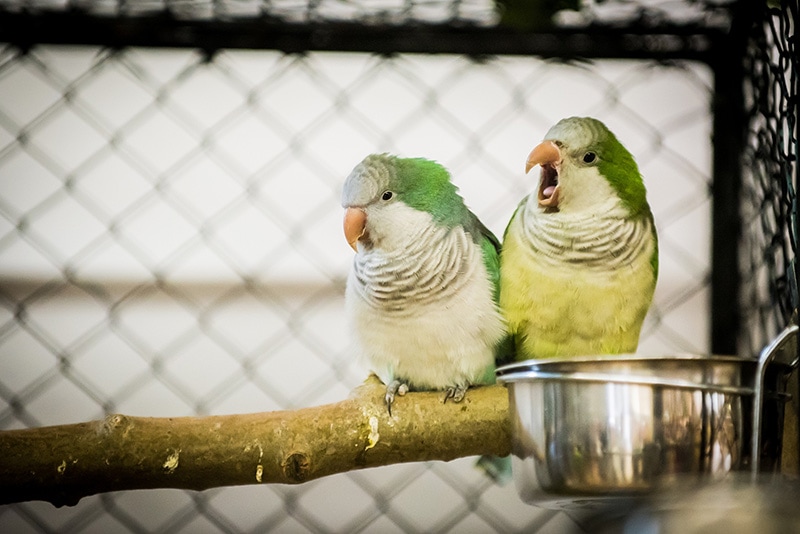
Is It Harmful to Separate Parakeets From Their Same-Sex Friends?
Parakeets can form strong attachments to their same-sex companions, and separating them may cause stress and loneliness. If separation is necessary, you will need to do it gradually and with care, if possible, and make efforts to provide new companions.
What Can I Do to Promote a Healthy and Social Environment for My Parakeets?
To promote a healthy and social environment for your parakeets, provide a spacious cage, varied toys, and opportunities for interaction. Offering a balanced diet and regular out-of-cage time also contributes to their well-being.
Conclusion
Until further research comes in, there is no definitive answer about whether parakeets can be gay—at least in the same sense that humans can. Same-sex parrots can exhibit behaviors that are similar to those observed between mating pairs of male and female birds, including preening, sleeping close to each other, mutual feeding, and even engaging in courtship rituals. However, it is less likely to reflect their sexual nature and is more likely a social behavior that can add structure and emotional support to their lives.
Featured Image Credit: Vyaseleva Elena, Shutterstock



